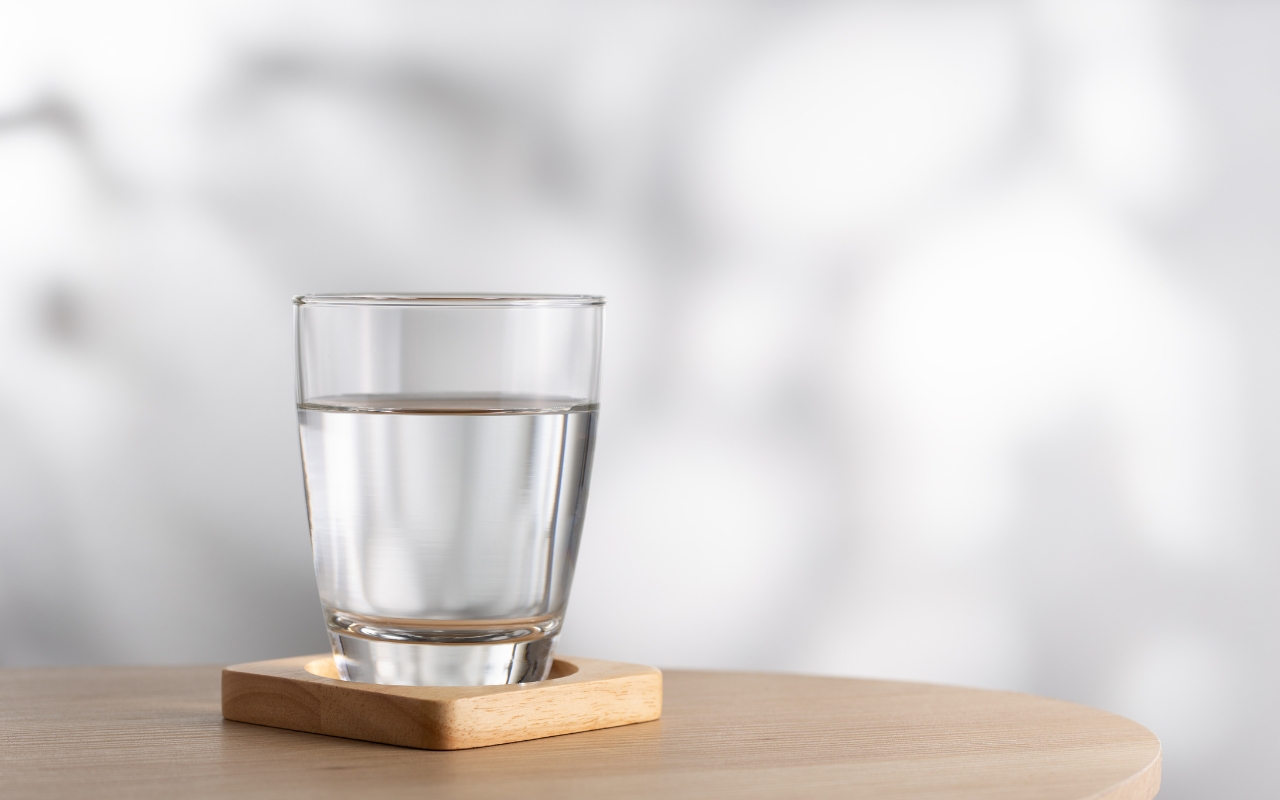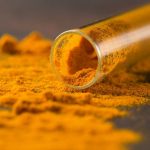Ensuring proper hydration is a cornerstone of maintaining optimal health. Water, often considered the elixir of life, plays a pivotal role in nearly every physiological function. From regulating body temperature to lubricating joints and facilitating digestion, the importance of water cannot be overstated. Yet, how much water one should drink daily remains a topic of much discussion and sometimes conflicting advice. This comprehensive guide delves into the myriad aspects of adequate daily water intake, drawing on insights from reputable sources to provide a clear understanding.
The Importance of Hydration
Water constitutes about 60% of the human body, underscoring its essential role. Every cell, tissue, and organ depends on water to function correctly. It involves many critical processes, including nutrient transportation, waste elimination, and temperature regulation. These processes can be impeded without adequate hydration, leading to detrimental effects on health and well-being.
Temperature Regulation: The body releases heat through sweat, which is primarily composed of water. As sweat evaporates from the skin, it cools the body, helping maintain a stable internal temperature. This process is vital, especially during physical activity or in hot environments.
Joint Lubrication and Shock Absorption: Water is a key component of synovial fluid, which lubricates joints and absorbs shock, protecting the bones and cartilage from wear and tear. Adequate hydration ensures joints remain supple and function efficiently.
Nutrient Transport: Water facilitates the transportation of nutrients and oxygen to cells while aiding in removing metabolic waste products. This function is critical for maintaining cellular health and ensuring the body’s systems operate harmoniously.
Determining Your Daily Water Needs
While the general recommendation is to drink about eight 8-ounce glasses of water a day (the “8×8 rule”), individual water needs can vary significantly based on several factors, including age, sex, weight, physical activity level, and environmental conditions.
Body Weight and Composition: Larger individuals or those with higher muscle mass may require more water to support metabolic processes. Muscle tissue has a higher water content compared to fat tissue, thus necessitating greater hydration.
Activity Level: Physical activity increases water loss through sweat and respiration. Individuals who engage in regular, intense exercise or sports may need to increase their water intake to compensate for fluid losses and maintain performance and recovery.
Climate and Environmental Factors: Hot and humid climates can increase sweat production, increasing water requirements. Similarly, high altitudes can increase respiratory fluid loss, necessitating increased water consumption.
Dietary Considerations: The type of diet one follows can influence hydration needs. Diets high in protein, fiber, or salt can increase water requirements, as these nutrients can have diuretic effects or increase the need for water in digestion.
Health Status: Certain medical conditions like kidney stones or urinary tract infections may require increased water intake. Additionally, illness or fever can raise the body's demand for fluids to aid recovery and regulate temperature.
Recognizing the Signs of Dehydration
Understanding the symptoms of dehydration is crucial for maintaining health. Dehydration occurs when the body loses more water than it takes in, disrupting normal bodily functions. Early signs of dehydration include:
- Thirst: While dehydration can occur without the sensation of thirst, feeling thirsty indicates that the body needs more fluids.
- Dry Mouth and Swollen Tongue: Reduced saliva production leads to dryness in the mouth and can cause the tongue to become swollen and sticky.
- Dark Yellow Urine: Concentrated urine with a strong odor is a reliable sign of dehydration. Ideally, urine should be light yellow or straw-colored.
- Fatigue and Dizziness: Dehydration reduces blood volume, decreasing oxygen and nutrient delivery to cells, causing fatigue and dizziness.
- Confusion and Irritability: Even mild dehydration can impact cognitive functions, leading to difficulty concentrating, confusion, or irritability.
Severe dehydration can lead to more serious symptoms such as rapid heartbeat, sunken eyes, and loss of consciousness. It is essential to seek immediate medical attention if severe dehydration is suspected.
The Risks of Overhydration
While adequate hydration is vital, it is also possible to overhydrate, a condition known as hyponatremia. This occurs when the body’s sodium levels become dangerously diluted due to excessive water intake. Symptoms of hyponatremia include headache, confusion, nausea, and, in severe cases, seizures and coma. This condition is particularly a concern for endurance athletes who consume large amounts of water without replenishing electrolytes lost through sweat.
Healthy kidneys can typically manage excess water by increasing urine output. However, it is still important to balance water intake with the body's needs, especially during prolonged physical activity or in hot climates.
Sources of Hydration
While drinking water is the most direct way to stay hydrated, other sources contribute to daily fluid intake. Hydration can be achieved through a variety of beverages and foods:
Beverages: In addition to water, other liquids such as tea, coffee, milk, and fruit juices can contribute to daily hydration. However, it is important to note that beverages containing caffeine and alcohol can have diuretic effects, potentially increasing the need for water.
Foods: Many fruits and vegetables have high water content and can contribute to hydration. Watermelon, strawberries, cucumbers, and lettuce are over 90% water. Other hydrating foods include soups, stews, and broths.
The average adult can obtain about 20% of their daily water intake from food, making a balanced diet with various high-water-content foods beneficial for hydration.
Tips for Maintaining Optimal Hydration
Maintaining optimal hydration does not have to be complicated. Here are some practical tips to ensure adequate fluid intake throughout the day:
Carry a Water Bottle: A water bottle on hand can be a constant reminder to drink water. Choose a bottle that is easy to carry and use, ensuring you can access water anywhere. I recommend the Hydro Flask Wide Mouth Bottle.
Set Reminders: Using smartphone apps like Aqualert or Hydro Coach can help you track your water intake and send reminders to drink water regularly.
Start Your Day with Water: Begin each day with a glass of water to kickstart hydration. This can help replenish fluids lost overnight and set a positive tone for the day.
Hydrate Before, During, and After Exercise: Ensure you are well-hydrated before starting any physical activity, drink regularly during exercise, and replace lost fluids after completing your workout.
Incorporate Hydrating Foods: Adding high-water-content foods to your diet can enhance hydration. Include fruits and vegetables in every meal, and consider soups or smoothies as part of your daily intake.
Listen to Your Body: Pay attention to signs of dehydration and respond promptly. Thirst, dark urine, and physical discomfort are indicators that you need to increase your water intake.
Special Considerations for Different Populations
Certain populations may have unique hydration needs and should take special care to ensure adequate fluid intake:
Children: Children are at higher risk of dehydration due to their smaller body size and higher metabolic rate. Encourage regular water breaks, especially during play and physical activities.
Elderly Individuals: Aging can diminish the sensation of thirst, making older adults more susceptible to dehydration. It is important for elderly individuals to drink water regularly, even if they do not feel thirsty.
Pregnant and Breastfeeding Women: Pregnancy and breastfeeding increase water needs to support the growing fetus and milk production. Pregnant women should follow their healthcare provider’s recommendations on fluid intake.
Athletes: Athletes, particularly those involved in endurance sports, should carefully consider their hydration strategies. This includes monitoring fluid and electrolyte balance and adjusting intake based on the duration and intensity of their activities.
Hydration Myths and Facts
Numerous myths surrounding hydration can lead to misconceptions. Clarifying these myths can help individuals make informed choices about their water intake.
Myth: You need exactly eight glasses of water a day. Fact: While the 8×8 rule is a useful guideline, individual needs can vary based on age, weight, activity level, and environmental conditions.
Myth: Thirst is a reliable indicator of dehydration. Fact: Thirst is a late indicator of dehydration. By the time you feel thirsty, you may already be mildly dehydrated. It is better to drink water consistently throughout the day.
Myth: Caffeinated beverages dehydrate you. Fact: While caffeine has a mild diuretic effect, moderate consumption of coffee or tea can still contribute to your daily fluid intake.
Myth: Clear urine is a sign of excellent hydration. Fact: While very light yellow urine indicates good hydration, completely clear urine can sometimes mean overhydration. Aim for light yellow urine as a balanced indicator.
Conclusion
Hydration is fundamental to health and well-being, affecting everything from physical performance to cognitive function. While the general recommendation of eight glasses daily is a good starting point, individual needs can vary widely based on numerous factors. Recognizing the signs of dehydration, understanding the risks of overhydration, and incorporating practical tips for maintaining optimal hydration can help you meet your body's fluid needs.
Paying attention to your body's signals and adjusting your water intake accordingly can support your overall health and enhance your quality of life. Making hydration a priority is a simple yet powerful step toward better health, whether through drinking water, enjoying a variety of hydrating foods, or using tools and reminders to stay on track.










